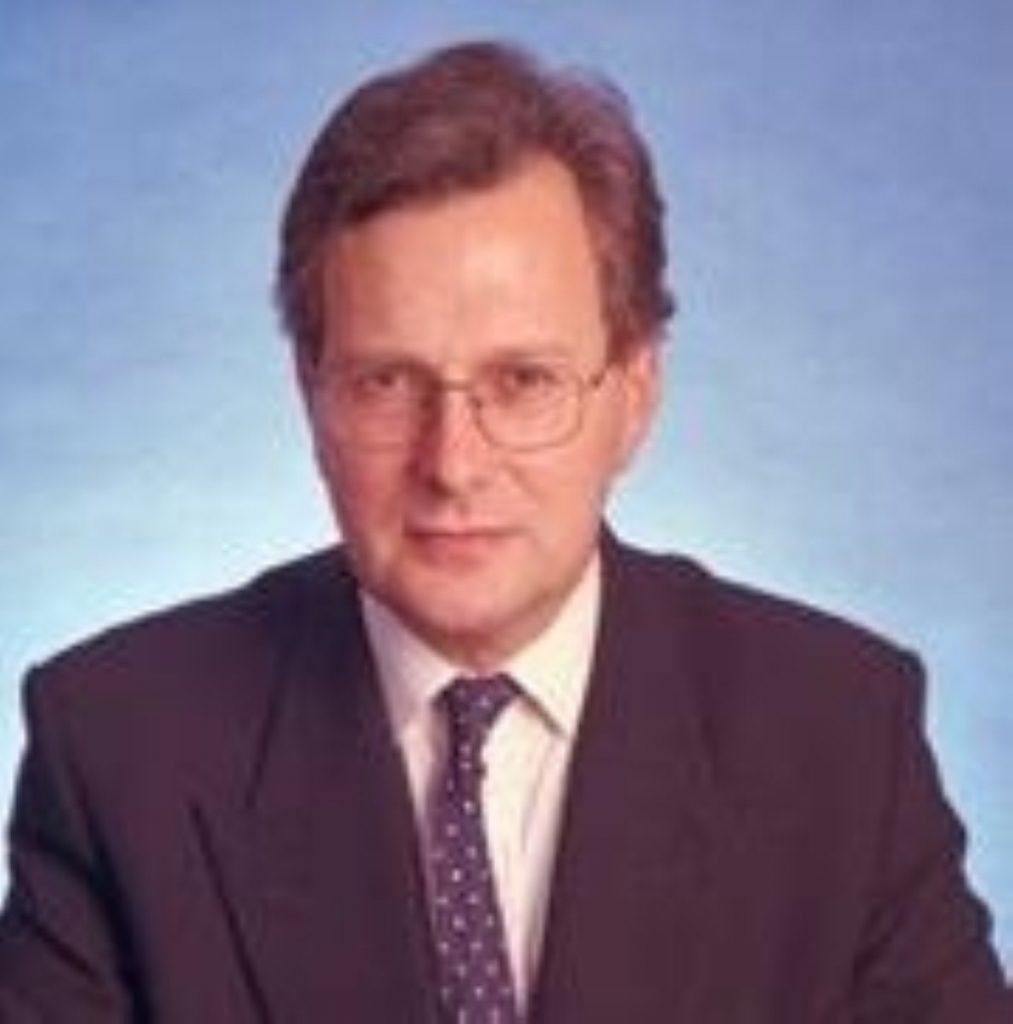Goldsmith favours wiretap evidence
Intercept evidence should be admissible in court for people suspected of terrorism, the attorney general has argued.
There is currently a ban on using evidence from phone taps, but this could be lifted in the wake of comments from Lord Goldsmith, who said information gained in this way should be used in terrorism and organised crime cases.
“We do have a need to use intercept in court if we’re going to give ourselves the chance of convicting some of the most dangerous and prolific criminals in the country” he told Today.
“It [wiretap evidence] is a vital tool therefore for organised serious crime – this is what I’ve been told particularly by colleagues in the United States – and for terrorism.


“But there are legitimate concerns which particularly the security services have.”
These concerns included protecting the identity of sources, and that the security services may get “swamped” by defence teams demanding access to – or transcripts of – the intercepted conversations.
The security services are also concerned that such a move would help criminals understand how they operated.
However, in an interview with the Guardian, Lord Goldsmith insisted using bugged conversations as evidence could be a “key tool” in prosecuting serious crimes.
He added that the government “may need help from the legislature and the judges to avoid the agencies being swamped with irrelevant requests”, stressing “we have to find a way” to allow for the admission of wiretap evidence in court.
He had been convinced that phonetap evidence should be allowed after seeing how the US had used it to jail five top Mafia bosses.
A Home Office spokeswoman said the government were “continuing to look very closely at this”, but recognised “the need to protect our intercept capability”.
She noted a 2003/4 review of the Regulation of Investigatory Powers Act (RIPA) 2000, which “concluded that it was not the right time to change the law and that the impact of new technology needed to be properly considered and factored into the decision making process”.
“There is ongoing work to review these issues and identify, if possible, a legal model which would provide the necessary safeguards to allow intercept material to be used as evidence,” she added.
Labour MP Andrew Dismore welcomed Lord Goldsmith’s remarks.
“Our view is that it is vital that such evidence should be brought before the courts,” he told Today.
Mr Dismore, who is also chairman of the joint Commons and Lords committee on human rights, added: “It is not really clear what the objections are. I think the key objection is probably because of the resource implications of replying to requests for disclosure.
“What we have certainly found from our inquiry was that intelligence services around the world, prosecution services around the world, simply could not understand why this vital evidence was not available to our courts.”
The Conservatives welcomed Lord Goldsmith’s remarks. Shadow attorney general Dominic Grieve said his party was “glad the government is coming round to our way of thinking”.
Urging the government “to stop hinting and come forward and say how and when they are going to implement this”, he added: “The use of intercept evidence to secure convictions will be a far more effective counter-terrorism measure than having to resort to administrative restrictions on the freedom of individuals suspected of terrorism.
“Control orders and detention without trial inevitably undermines civil liberties and jeopardise the hearts and minds battle which is crucial in our fight against terrorism.”












